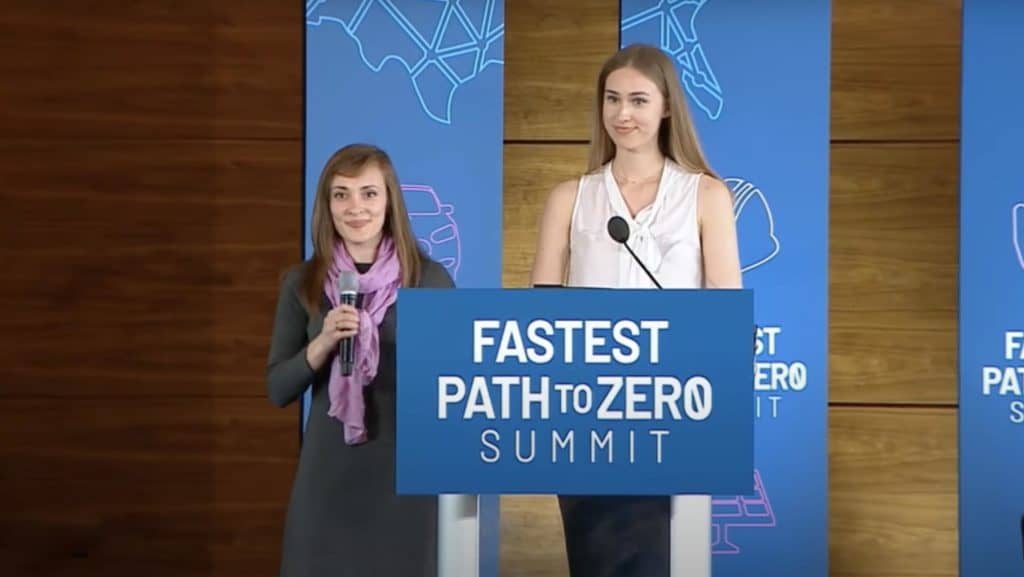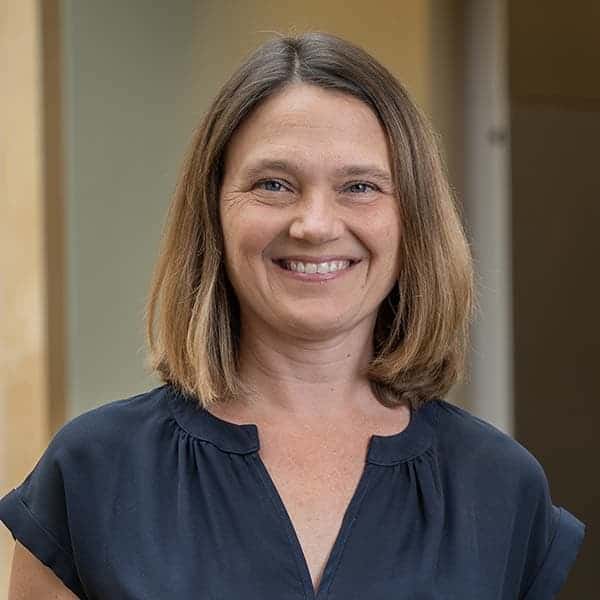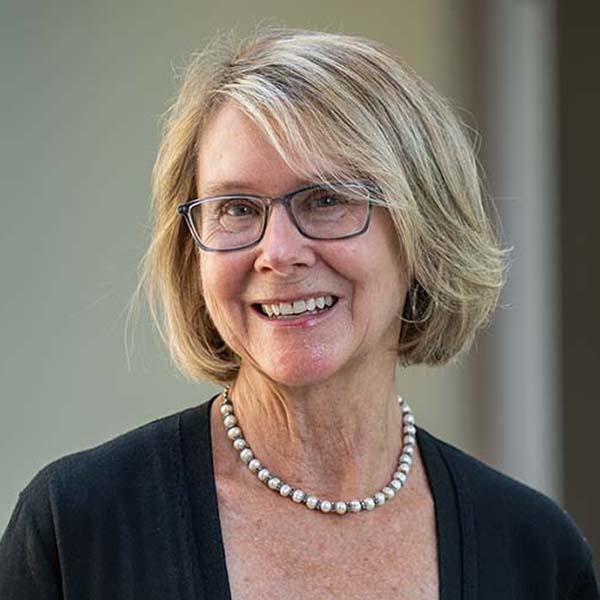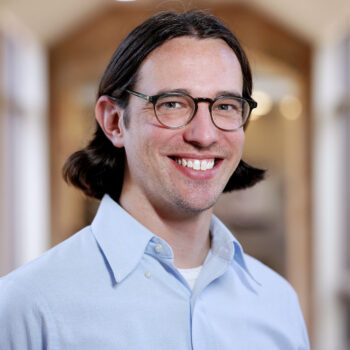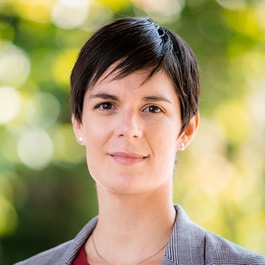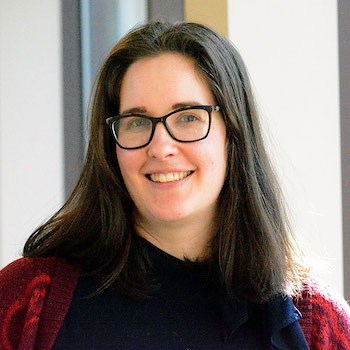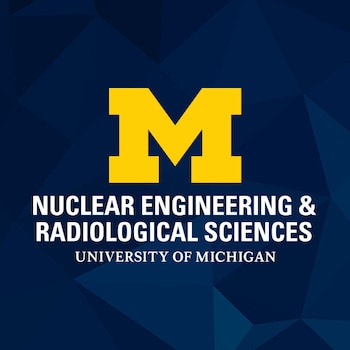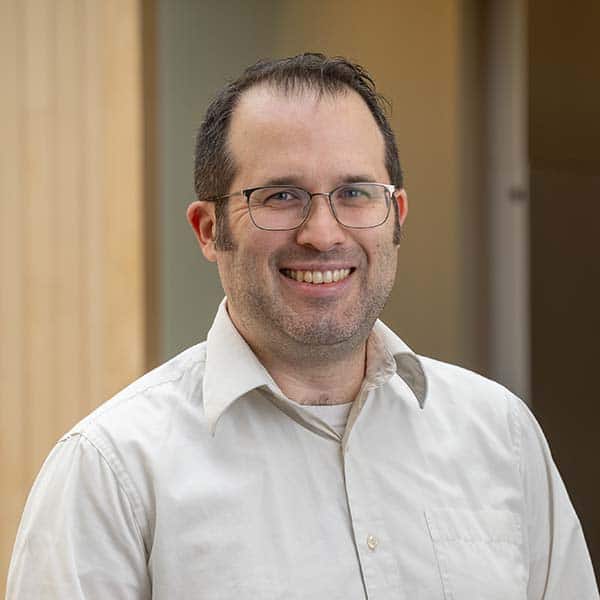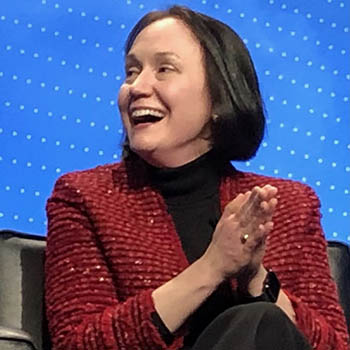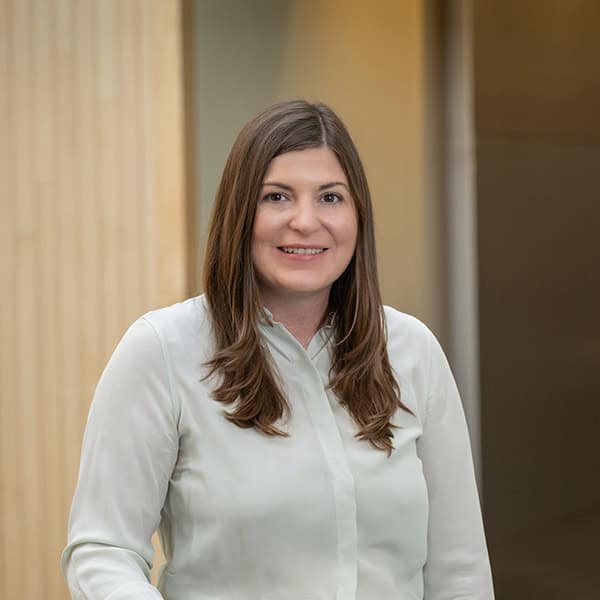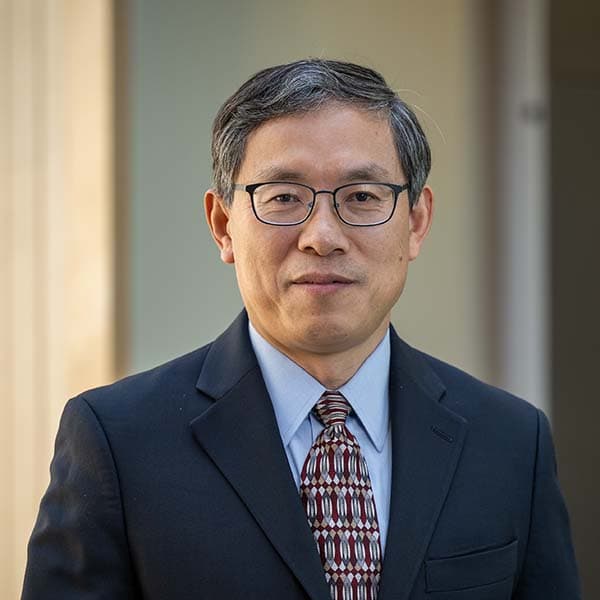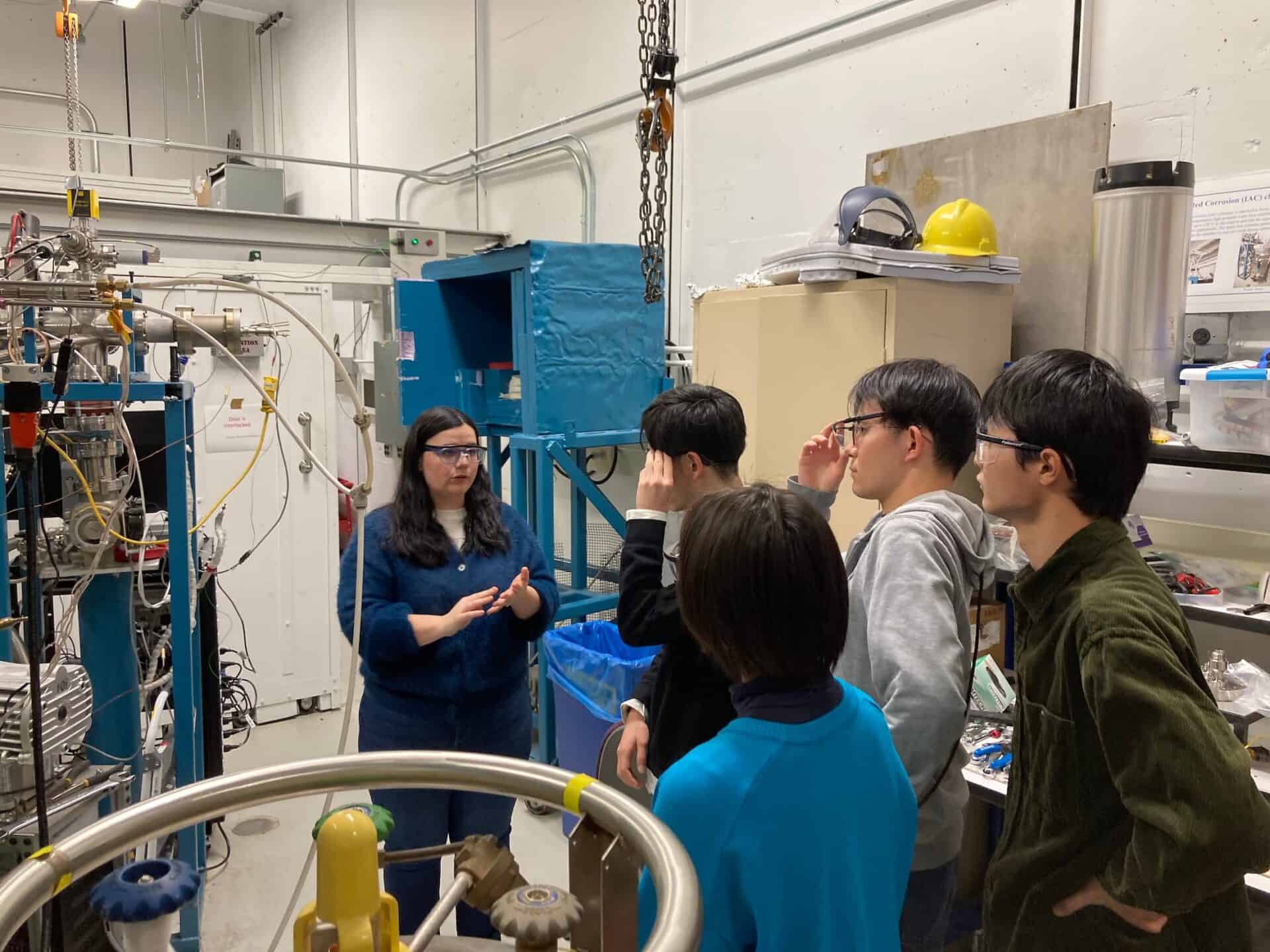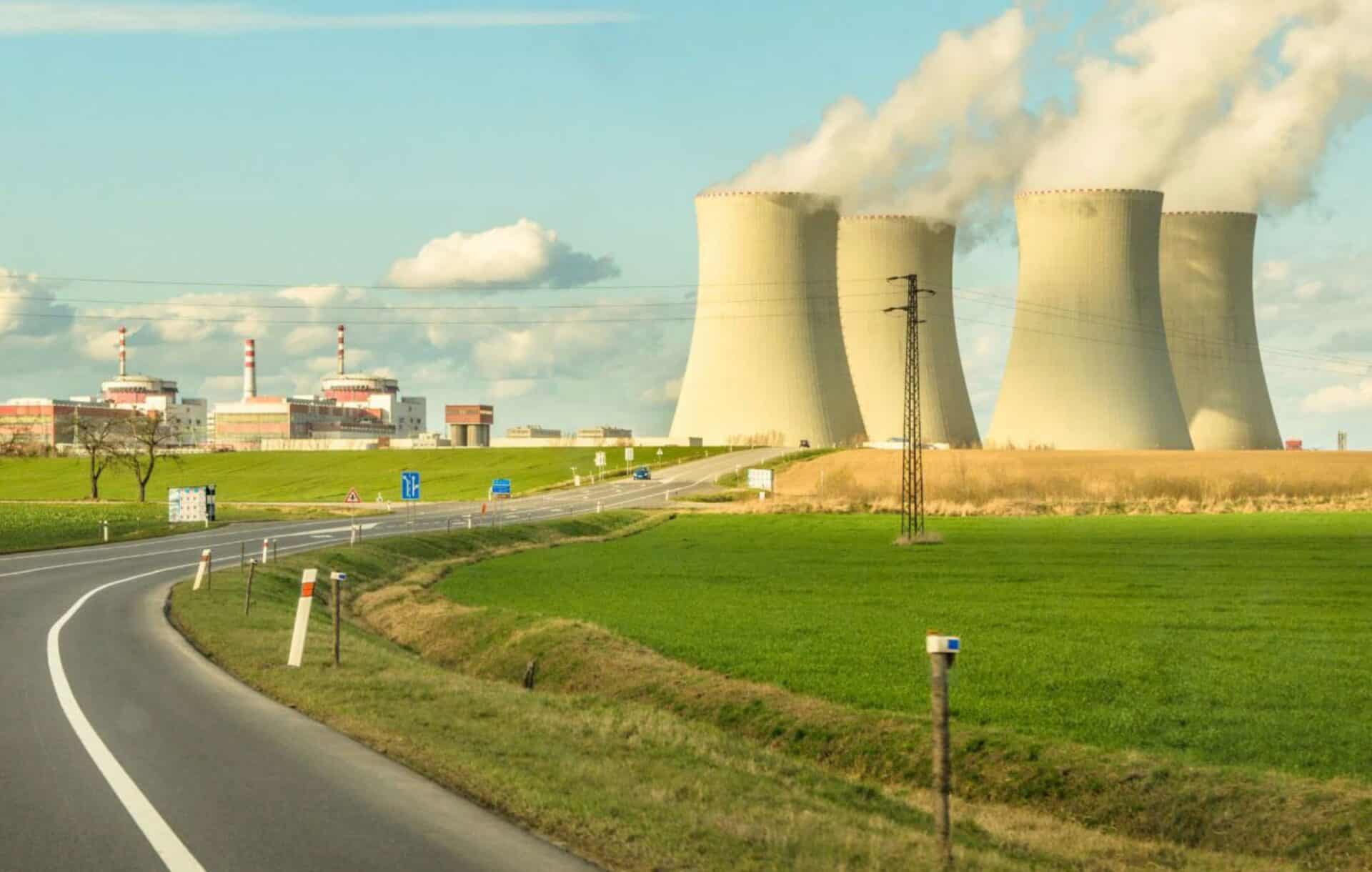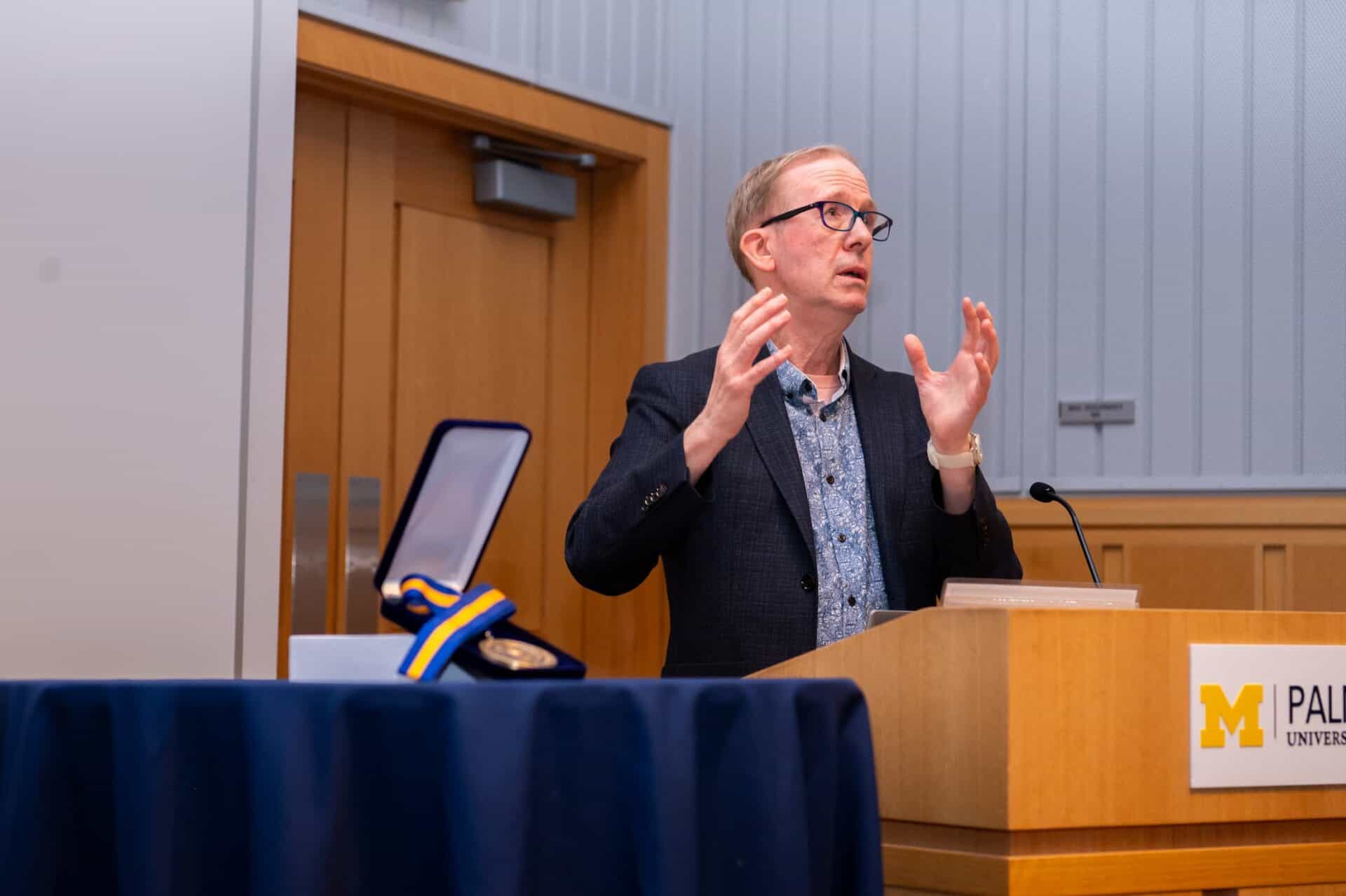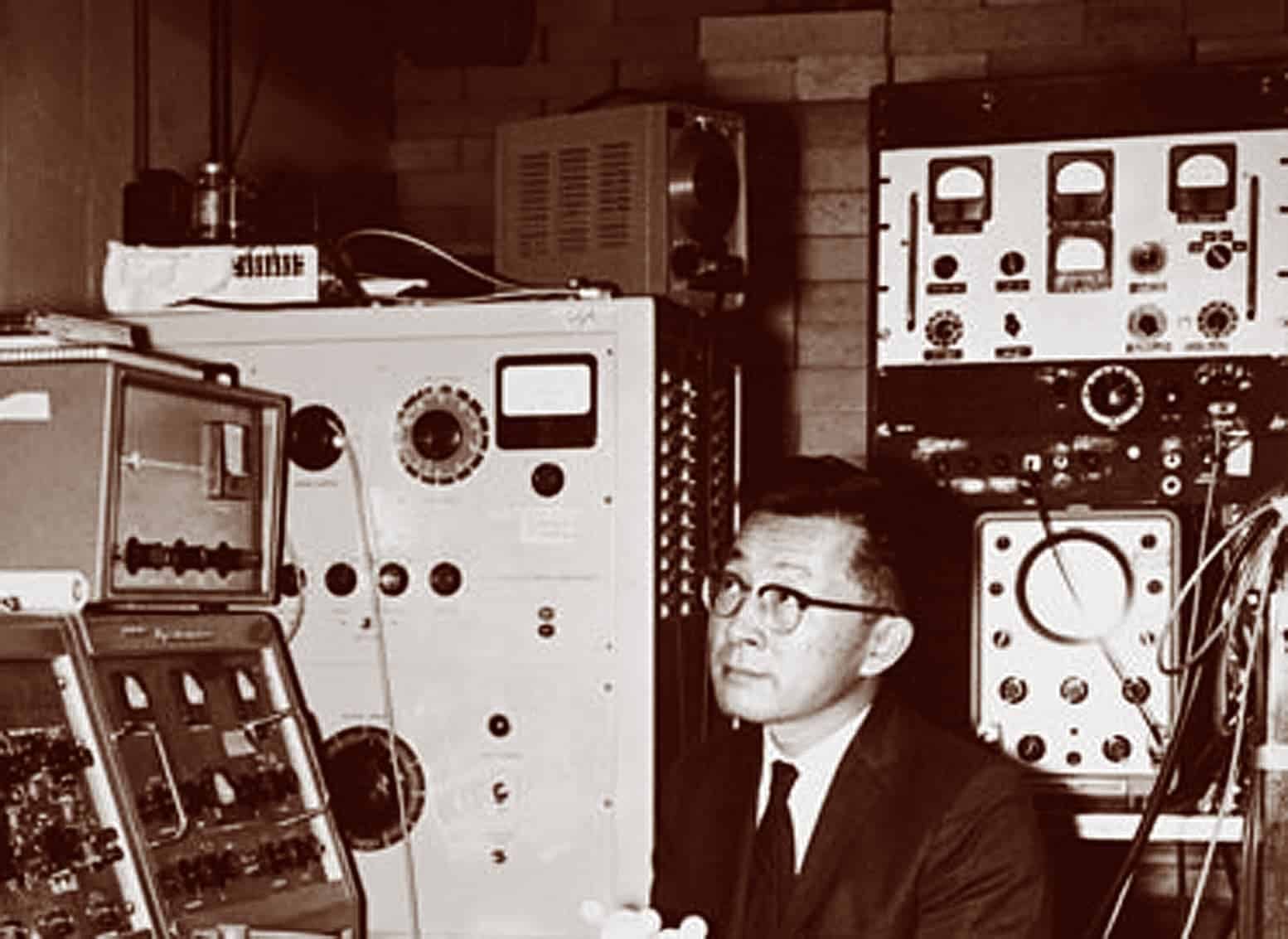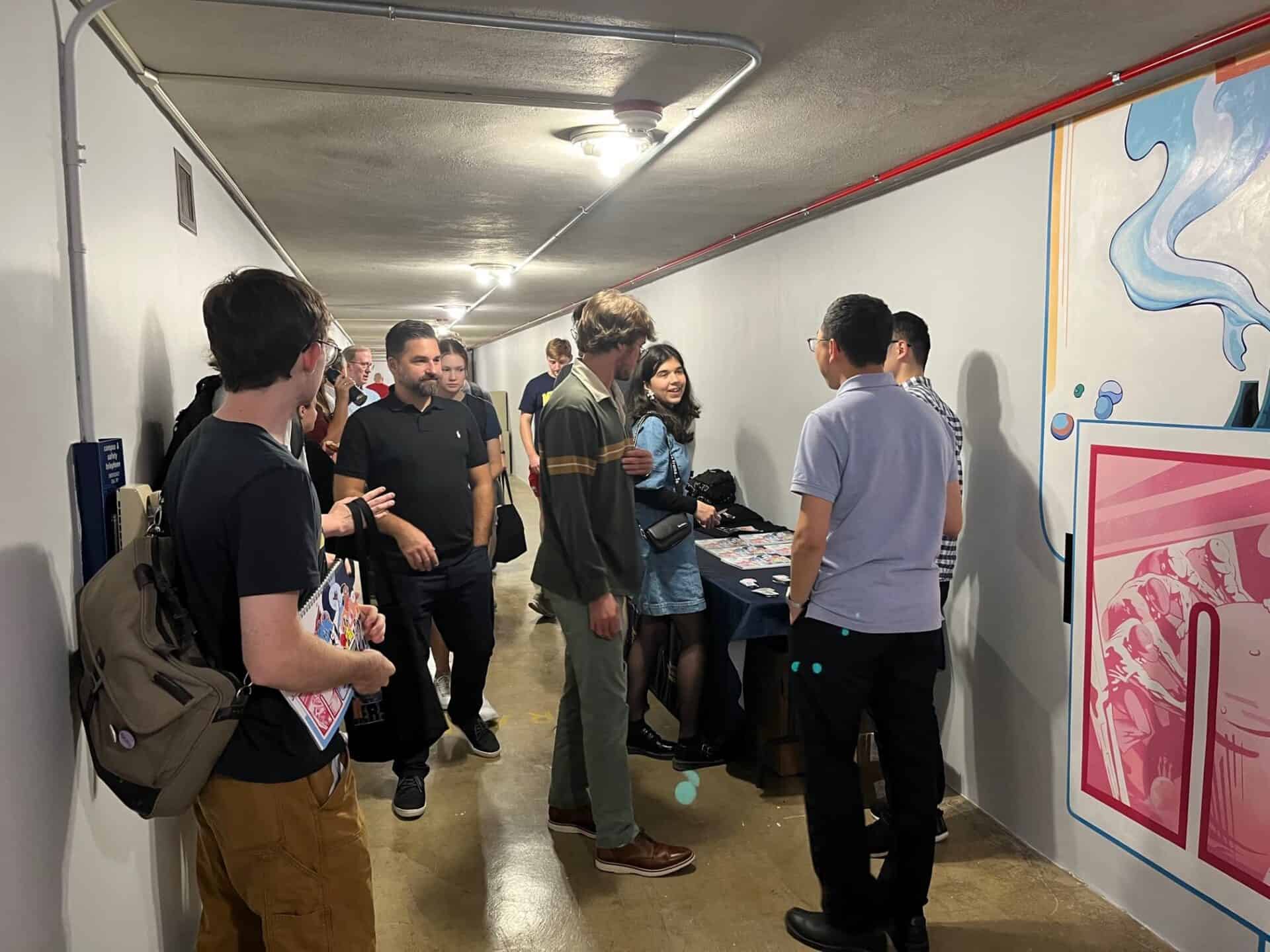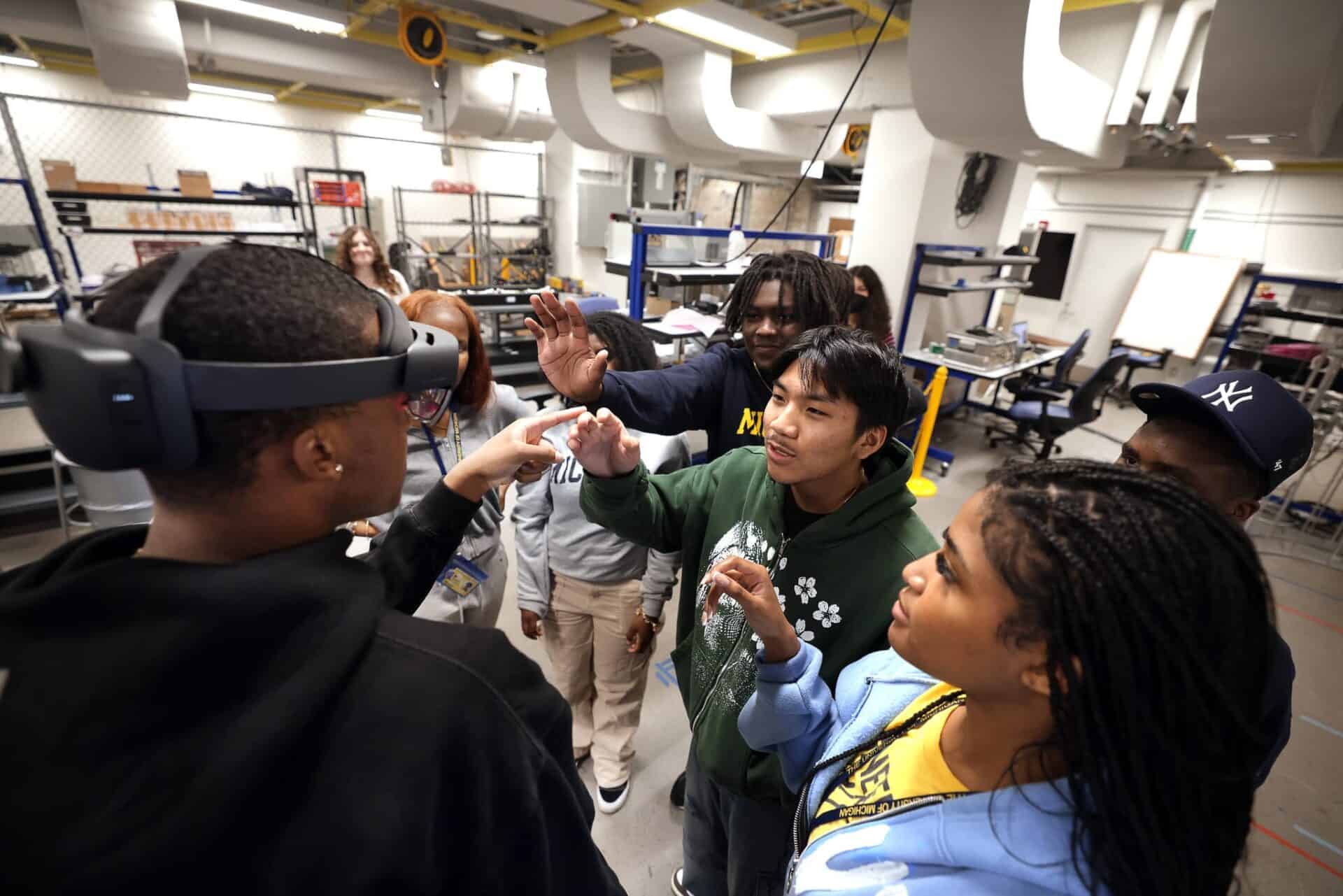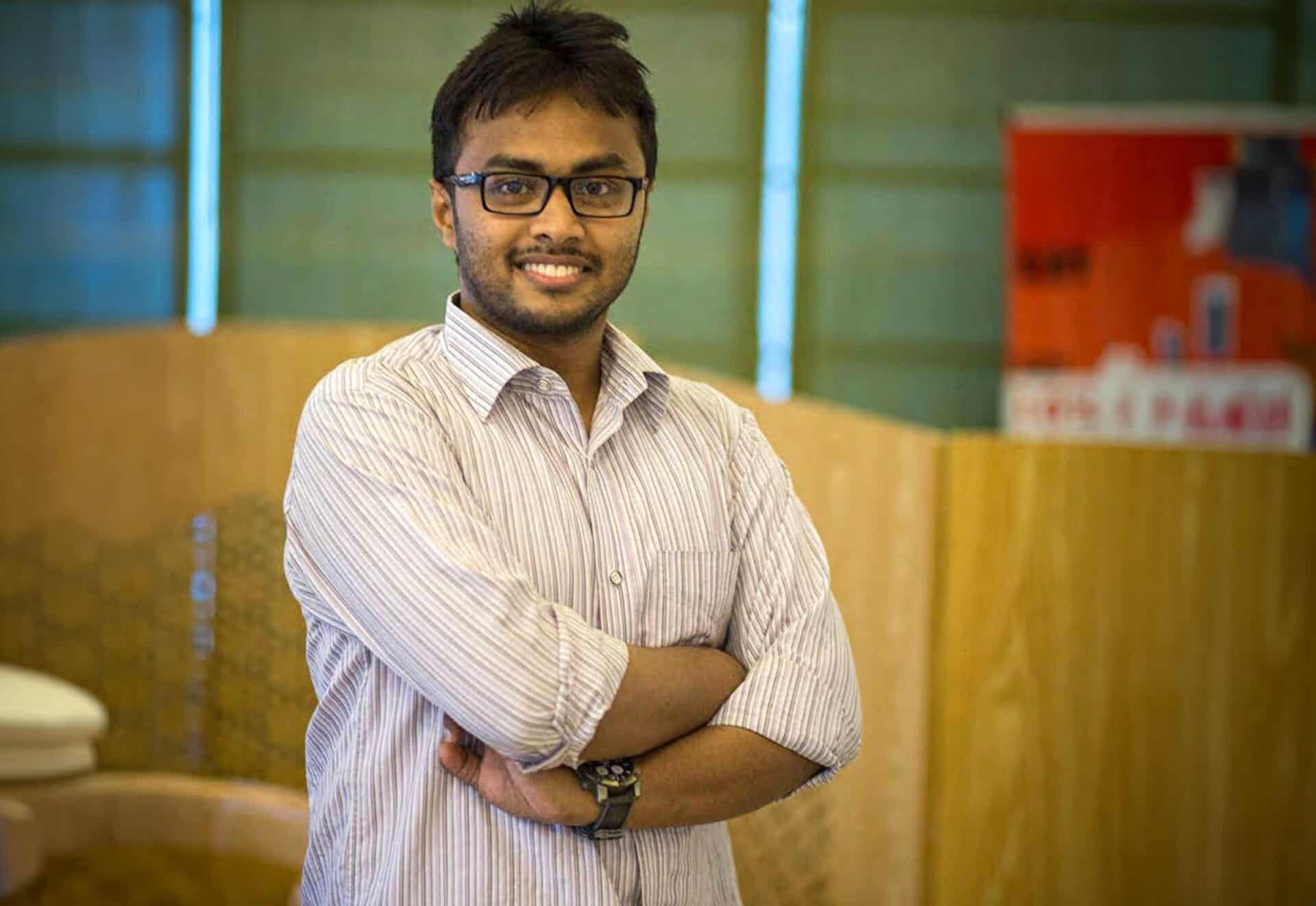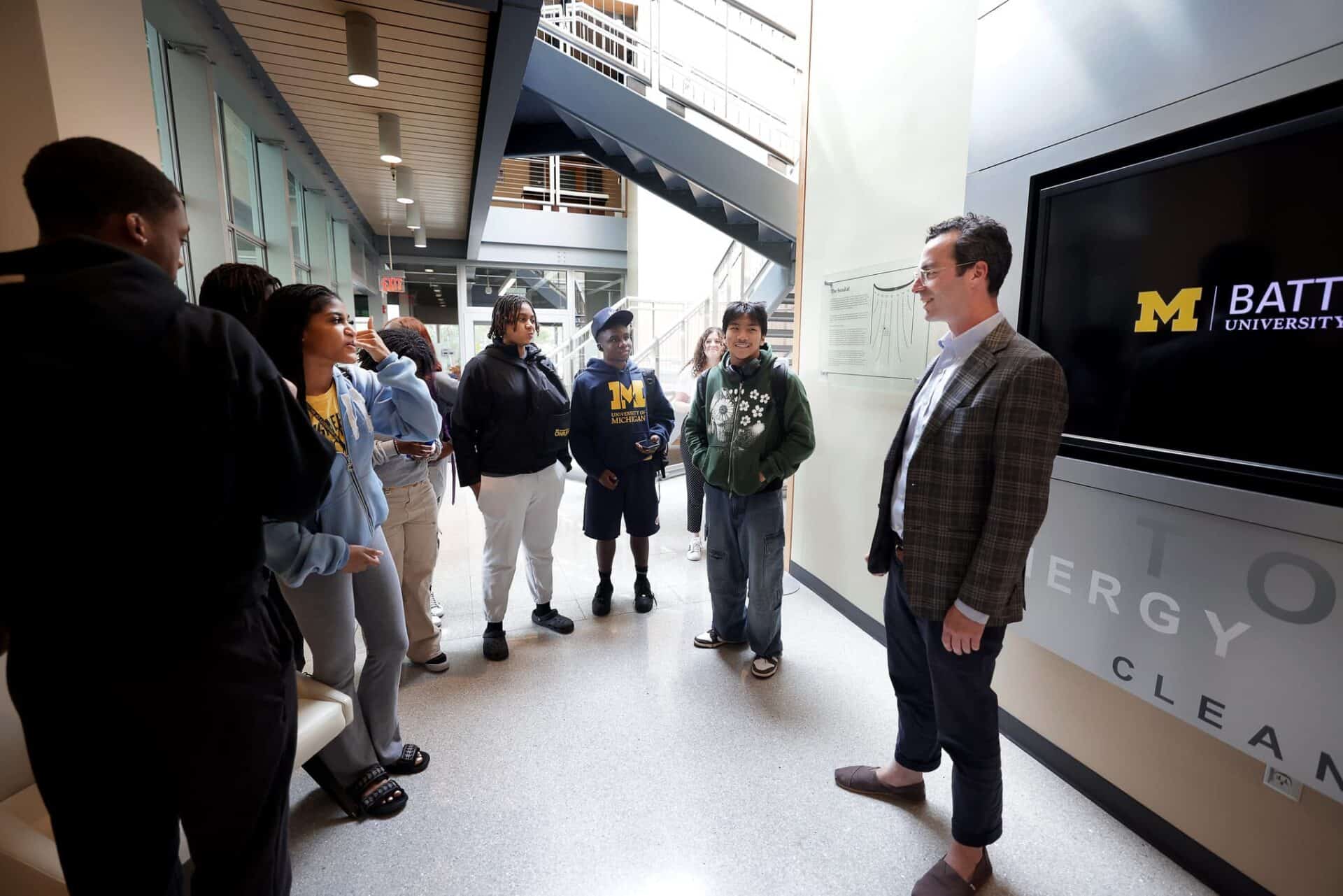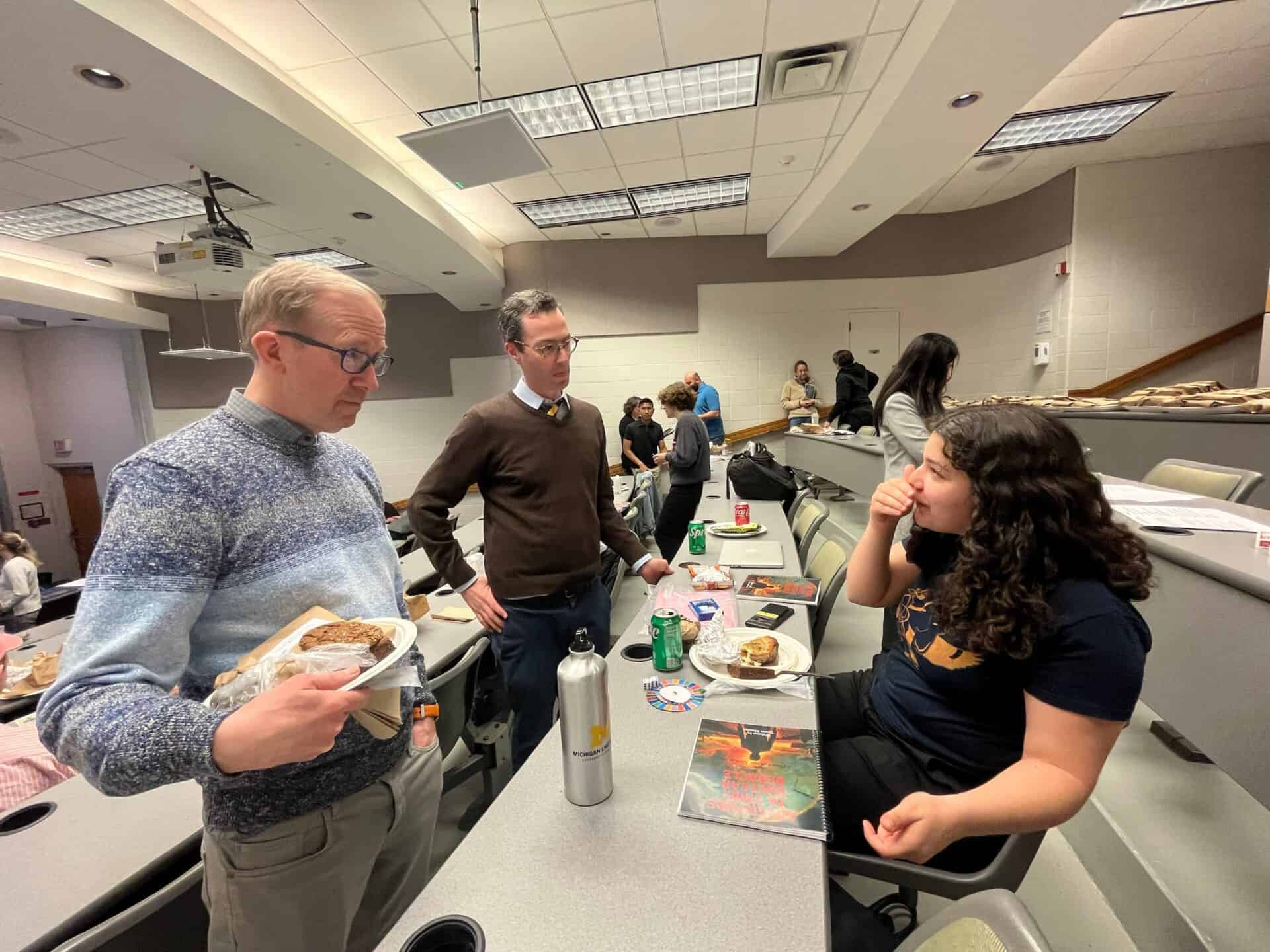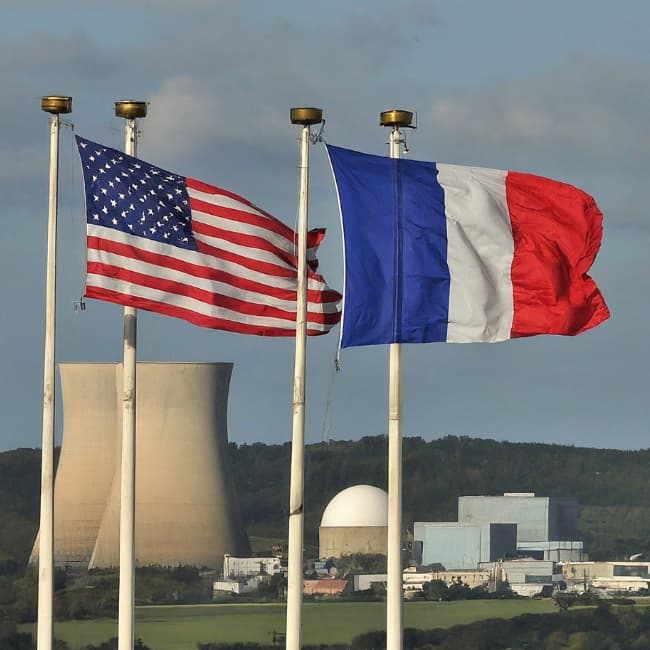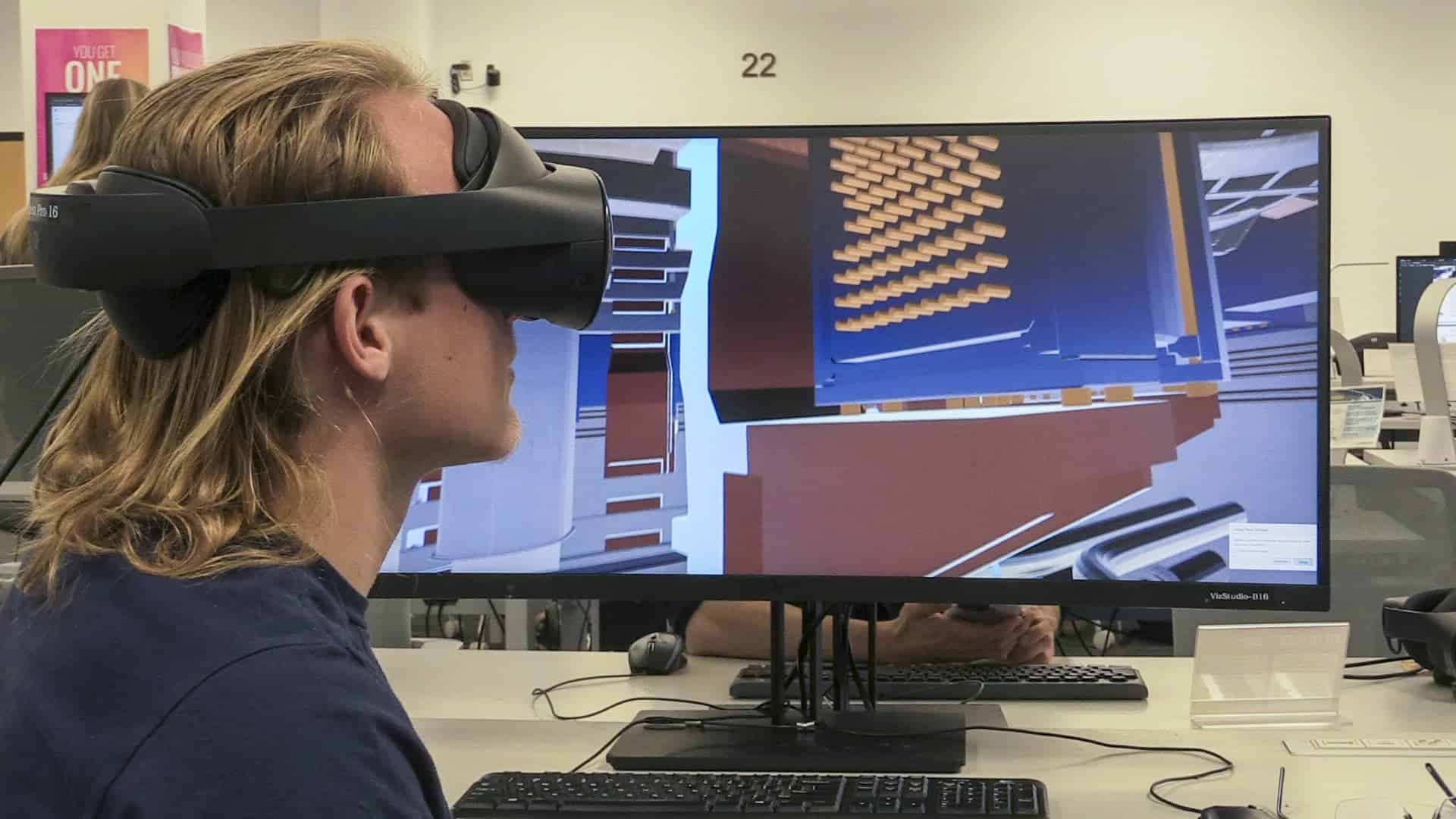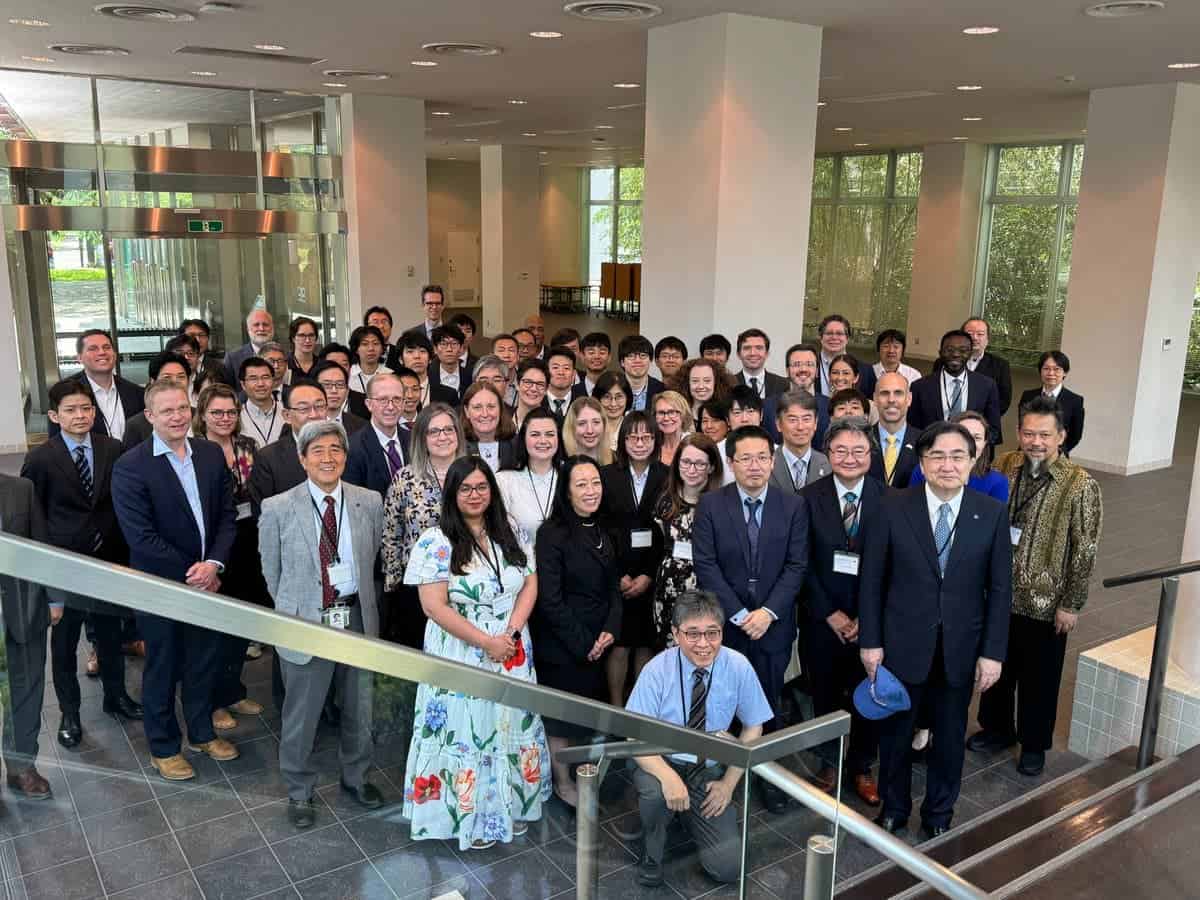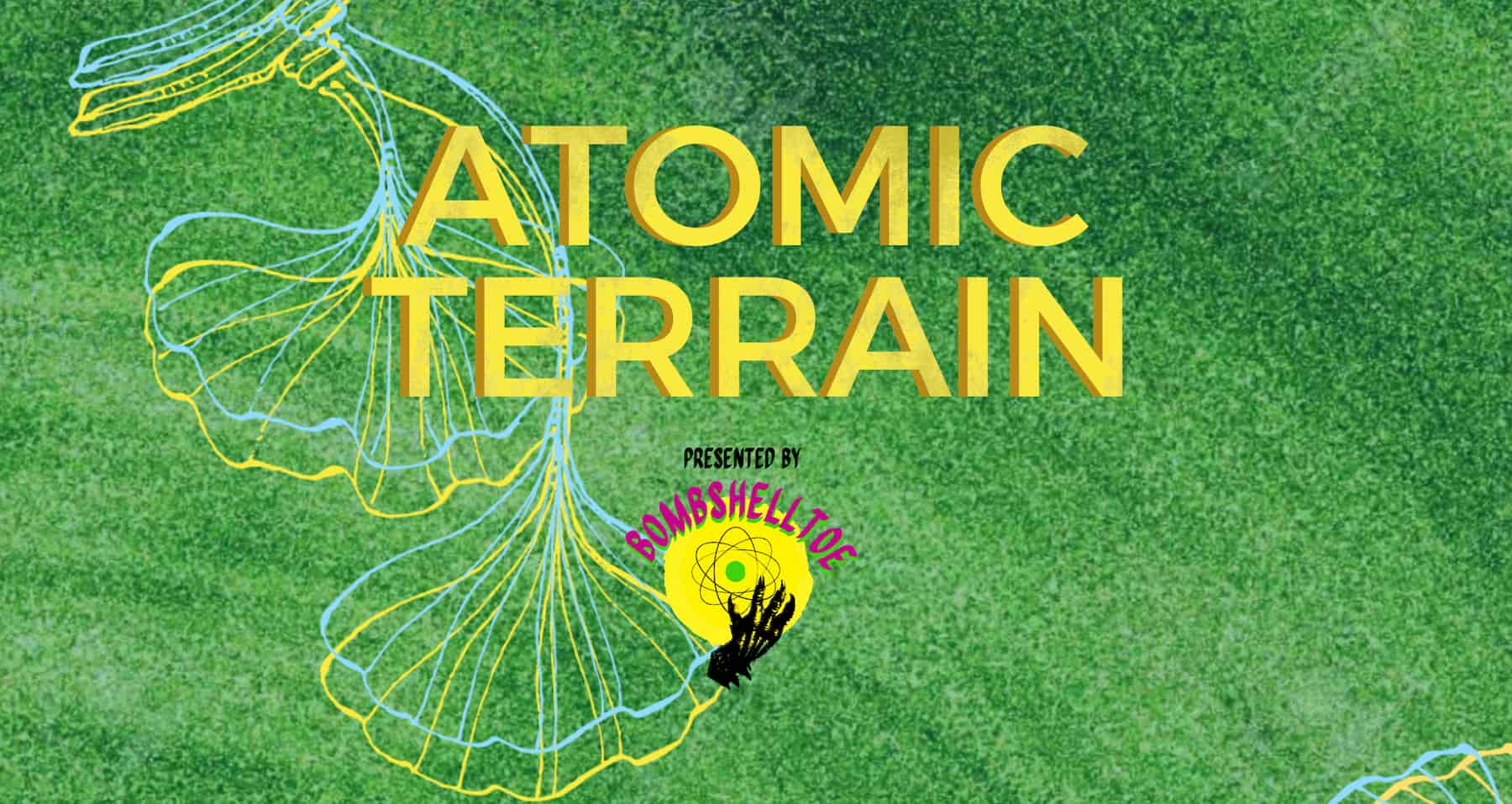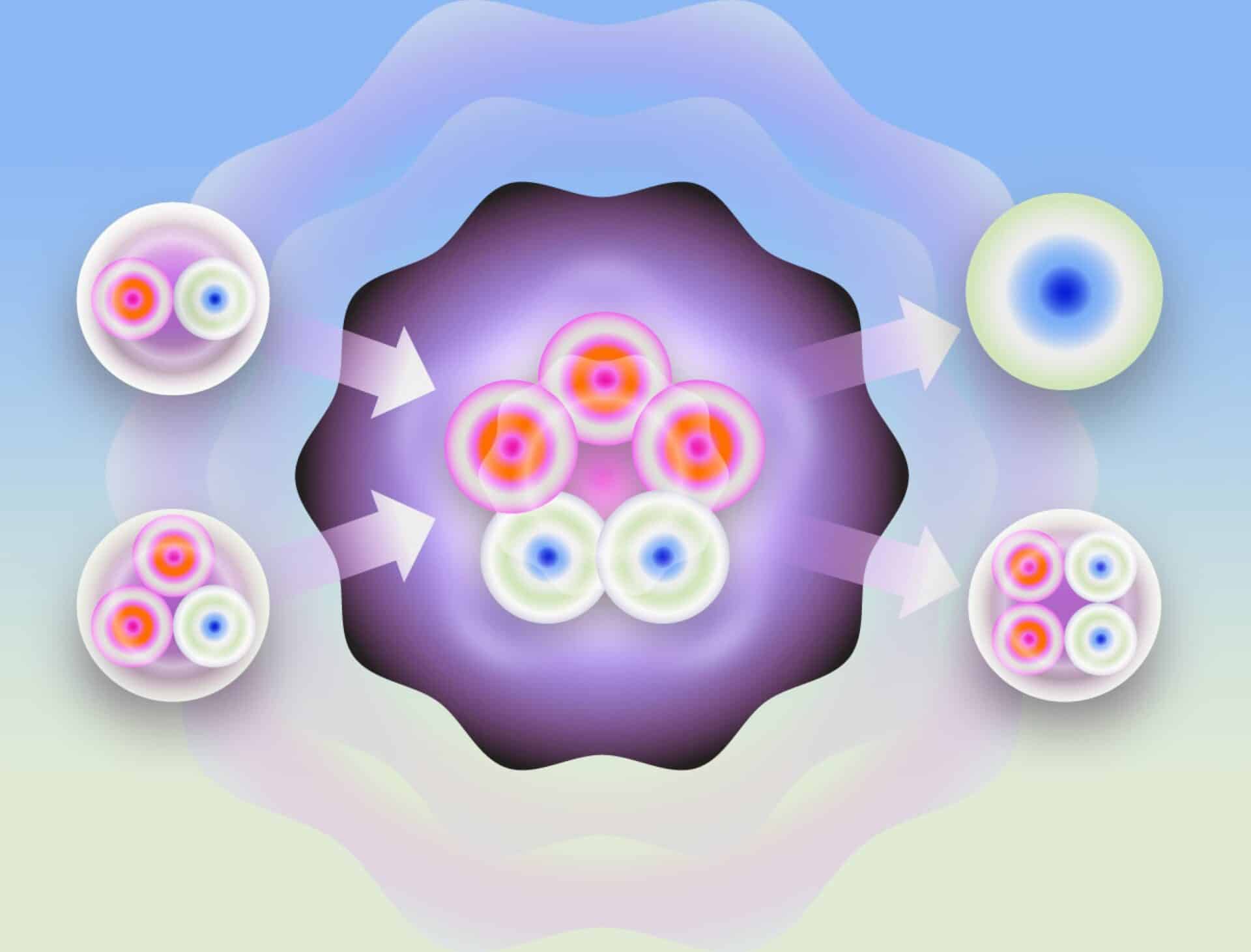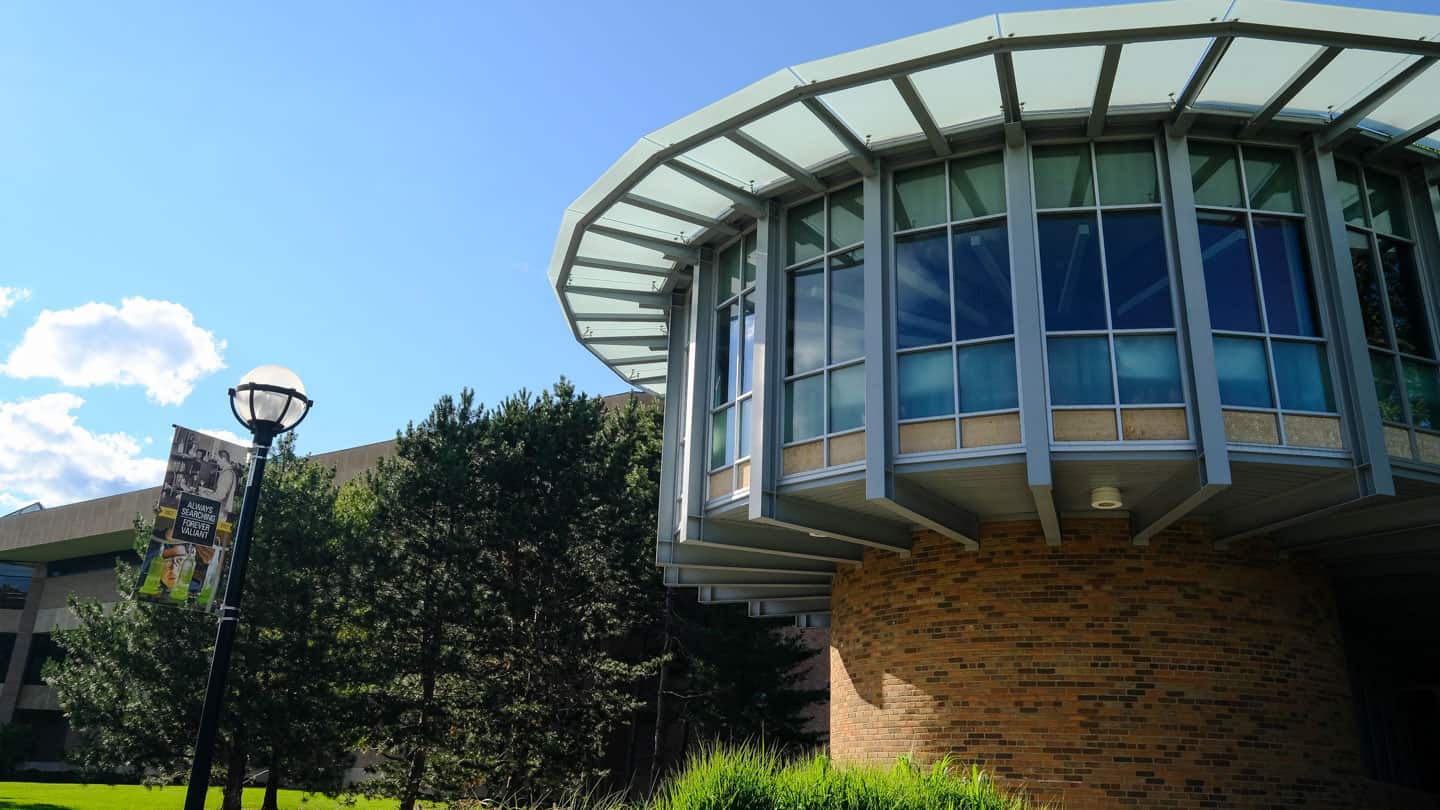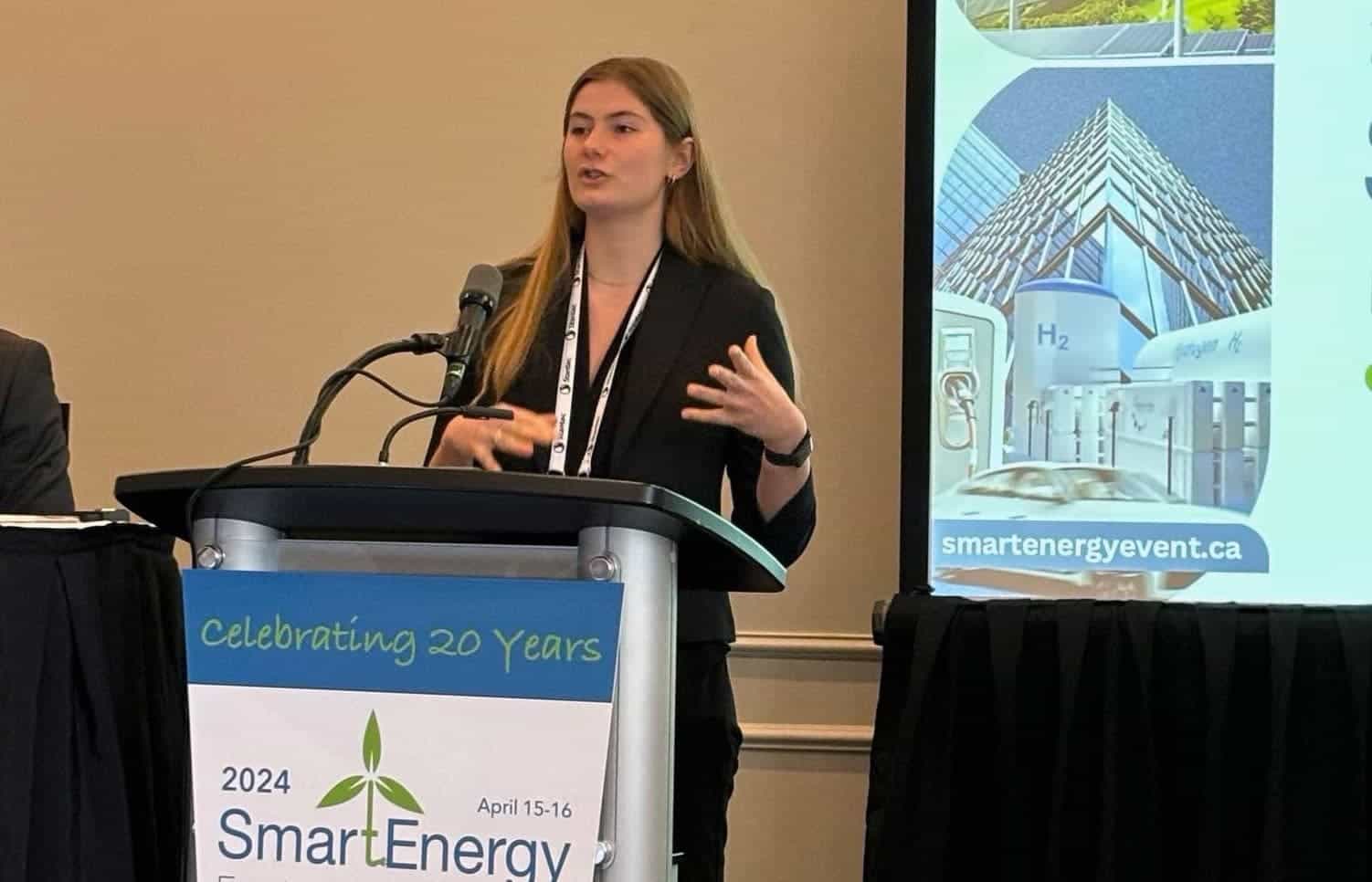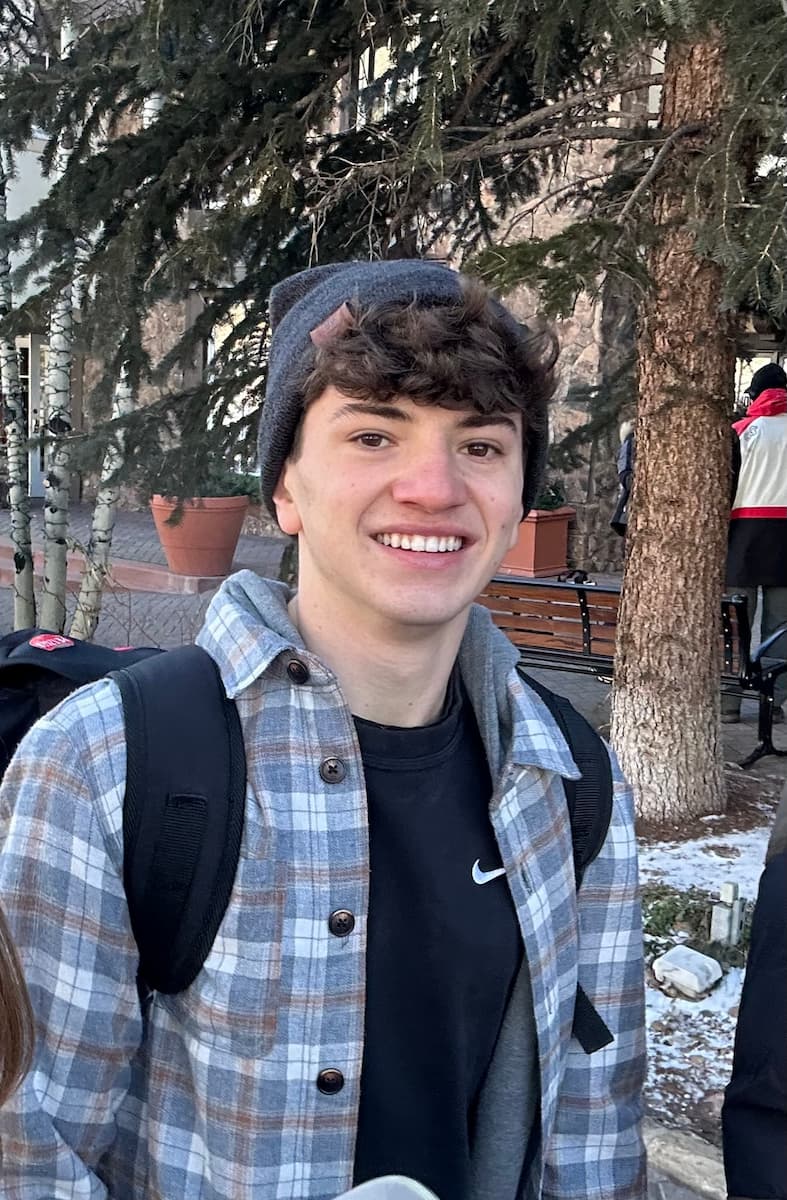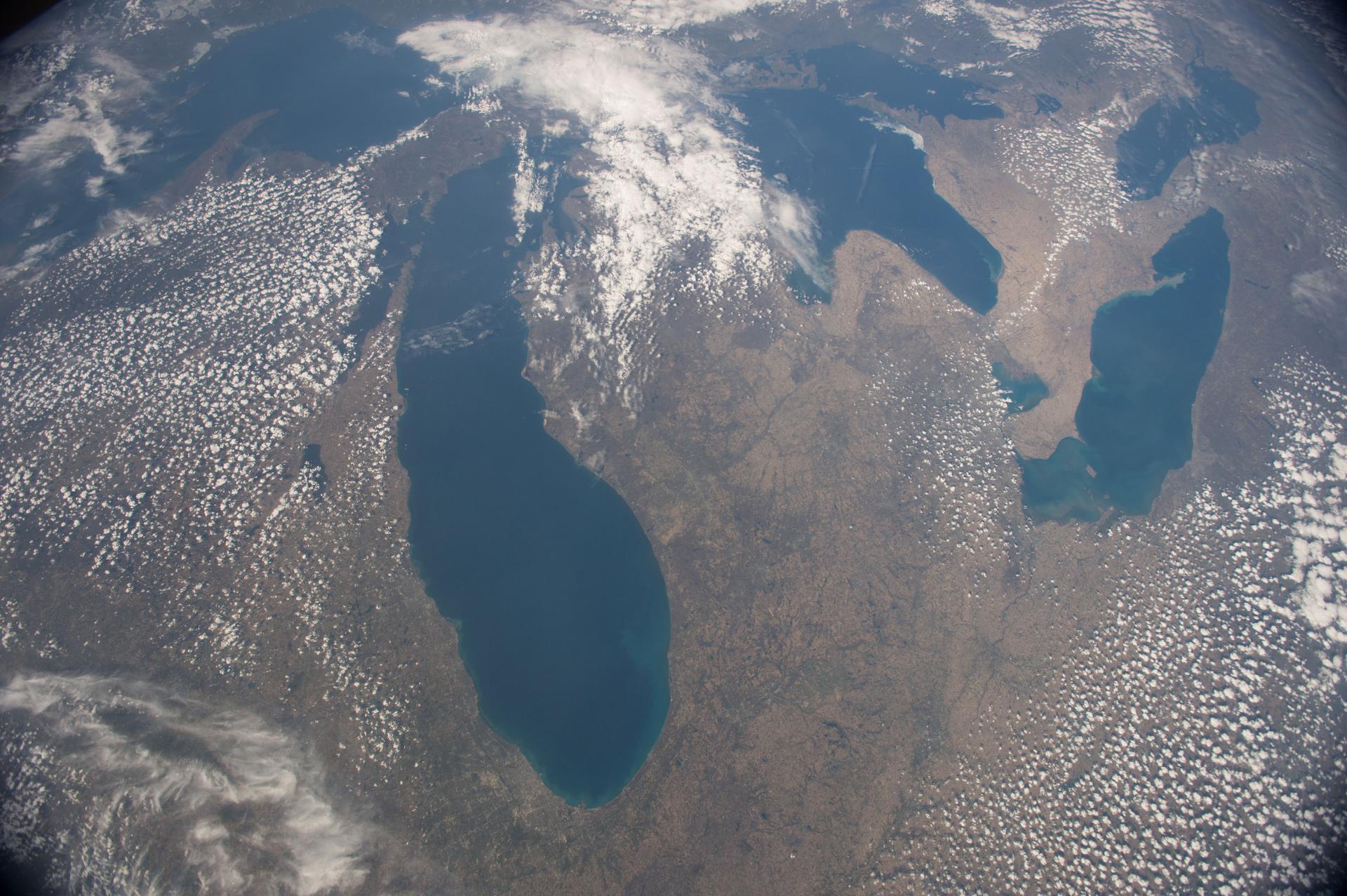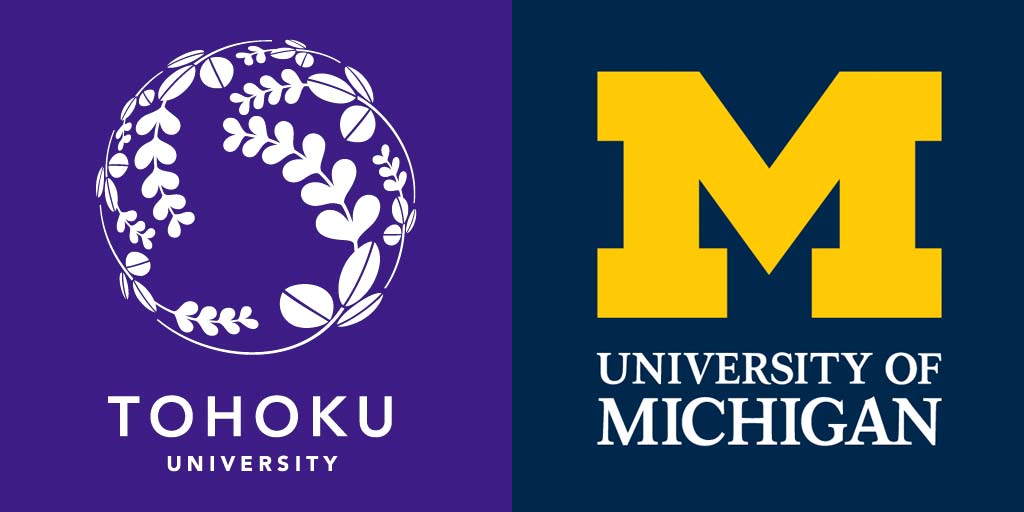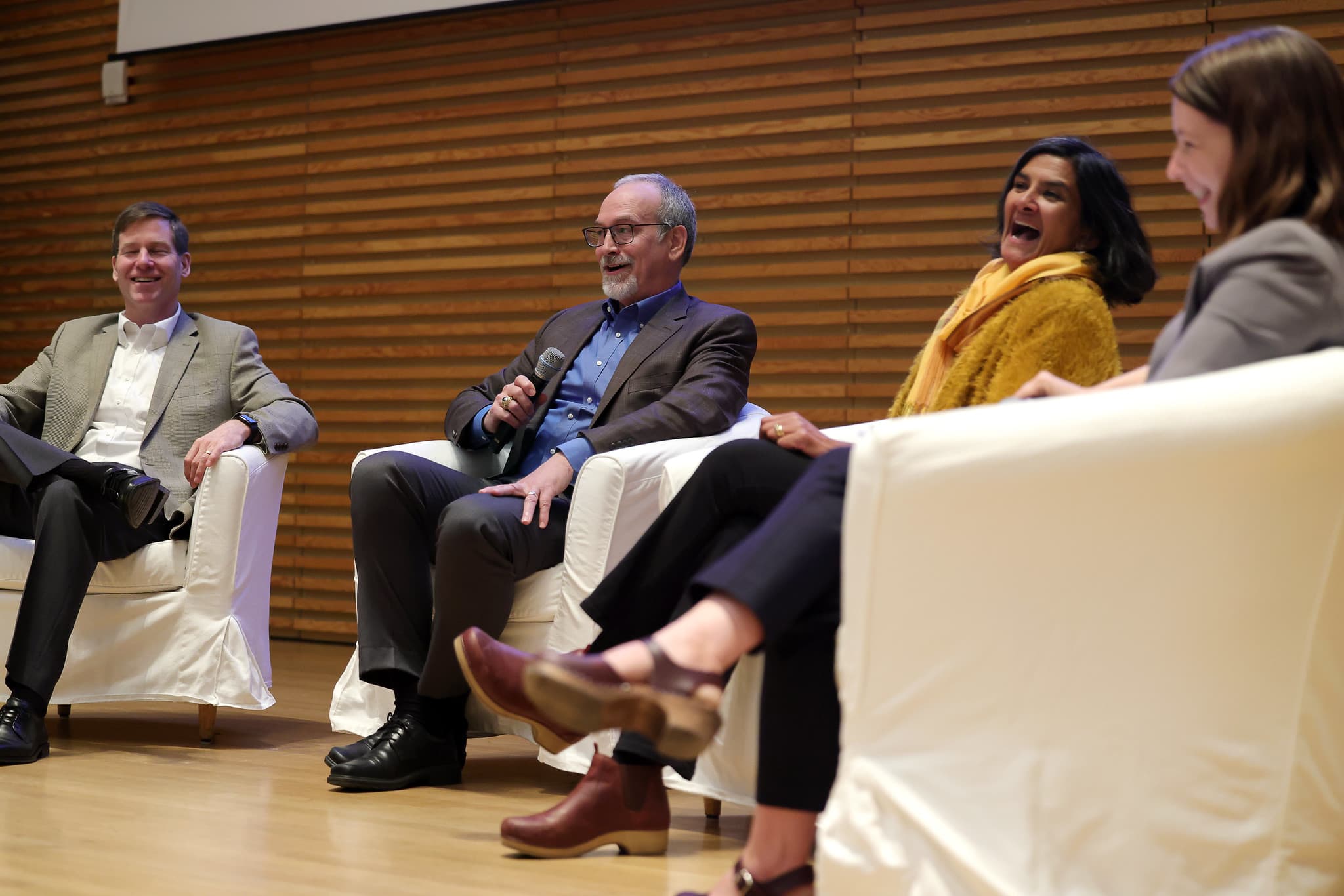
Policy & Climate
For nuclear energy to play a critical role in a clean energy future, exploring complex sociotechnical problems with non-engineering tools is crucial.
Our Policy and Climate research bridges the gap between cutting-edge nuclear engineering solutions and the global challenges of climate change. We believe that innovative nuclear technologies are pivotal in achieving a sustainable energy future, reducing greenhouse gas emissions, and fostering global energy security.
Our team focuses on the interplay of technology, policy, and environmental impact. By engaging in comprehensive research and analysis, we provide actionable insights into how nuclear energy can be effectively integrated into climate strategies. From exploring advancements in reactor technologies to assessing nuclear’s role in achieving net-zero goals, our work is at the forefront of driving informed decision-making at local, national, and international levels.

The Fastest Path to Zero Initiative at the University of Michigan facilitates community-focused, sustainable energy transitions through tool design and research that mix practicality with collective imagination.
NERS incubates the initiative, which was launched in 2019 to support the University’s leadership in research and policy development surrounding clean energy. The Fastest Path team is dedicated to driving the rapid deployment of carbon-free energy solutions to combat climate change. Our mission is to empower communities and policymakers with tools, knowledge, and resources needed to achieve fair and sustainable energy transformations. From nuclear energy to other zero-carbon alternatives, we focus on practical, scalable solutions that address the varied needs of today’s energy landscape.
Our work spans deep technical research to hands-on collaboration with communities, ensuring all stakeholders—including policymakers, energy developers, and local leaders—are equipped to lead in the transition to a clean energy future. We recognize that reaching zero carbon emissions is not just a technological challenge but also a societal one, and we prioritize advancing practical and sustainable solutions in every project we undertake.
By working with communities, governments, industry, and academia, we are speeding the transition to a cleaner, safer energy future for everyone.
NEWS
GET INVOLVED
We believe that engaging in research as an undergraduate student is a very important part of the NERS experience, and many of our third- and fourth-year undergraduate students are actively involved and have co-authored papers in scientific journals.
